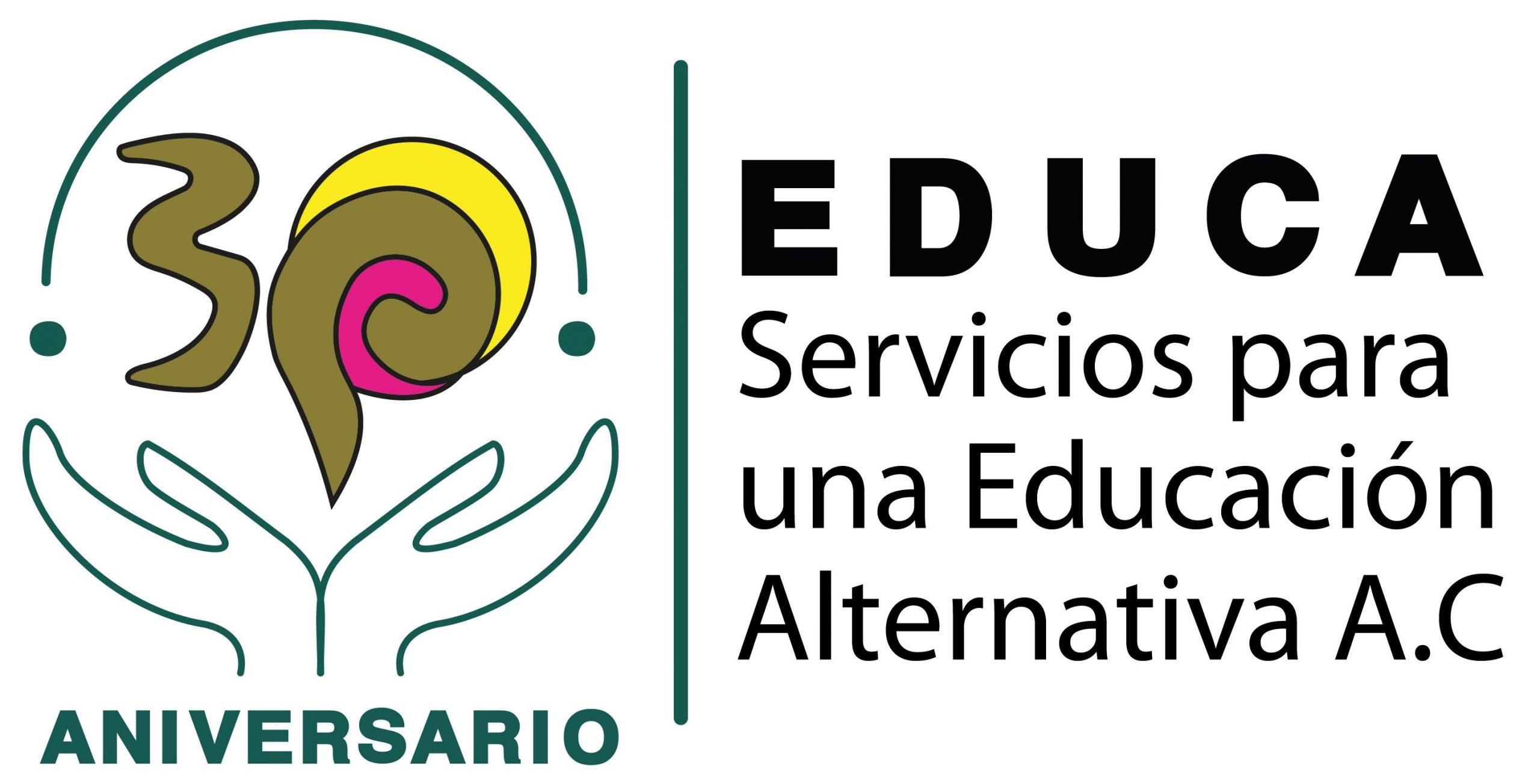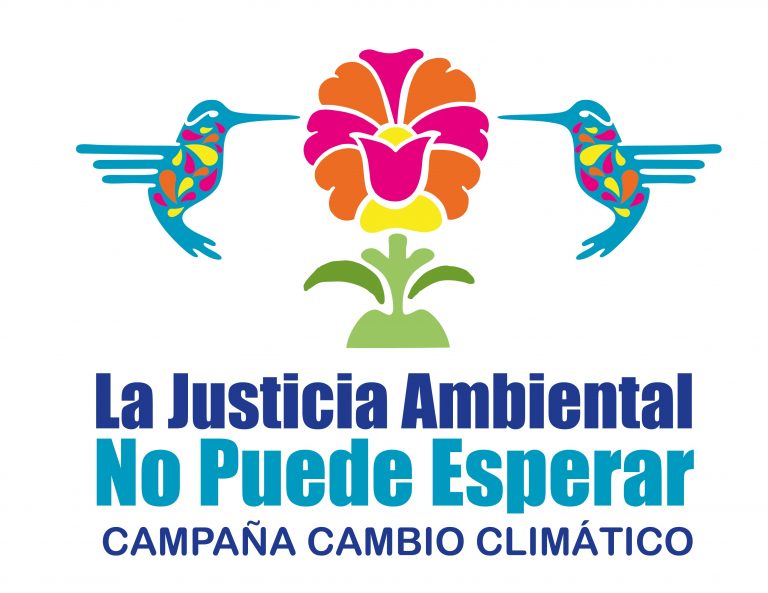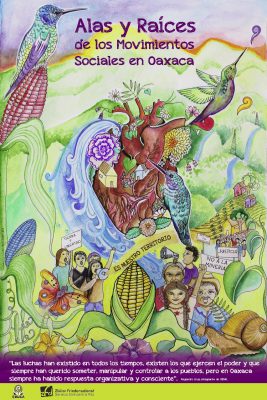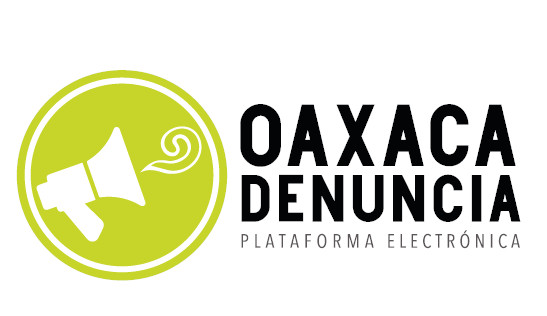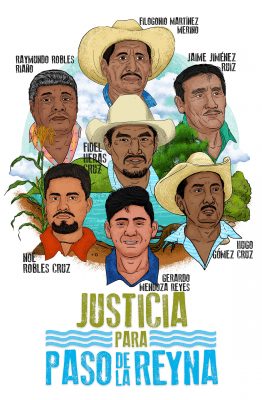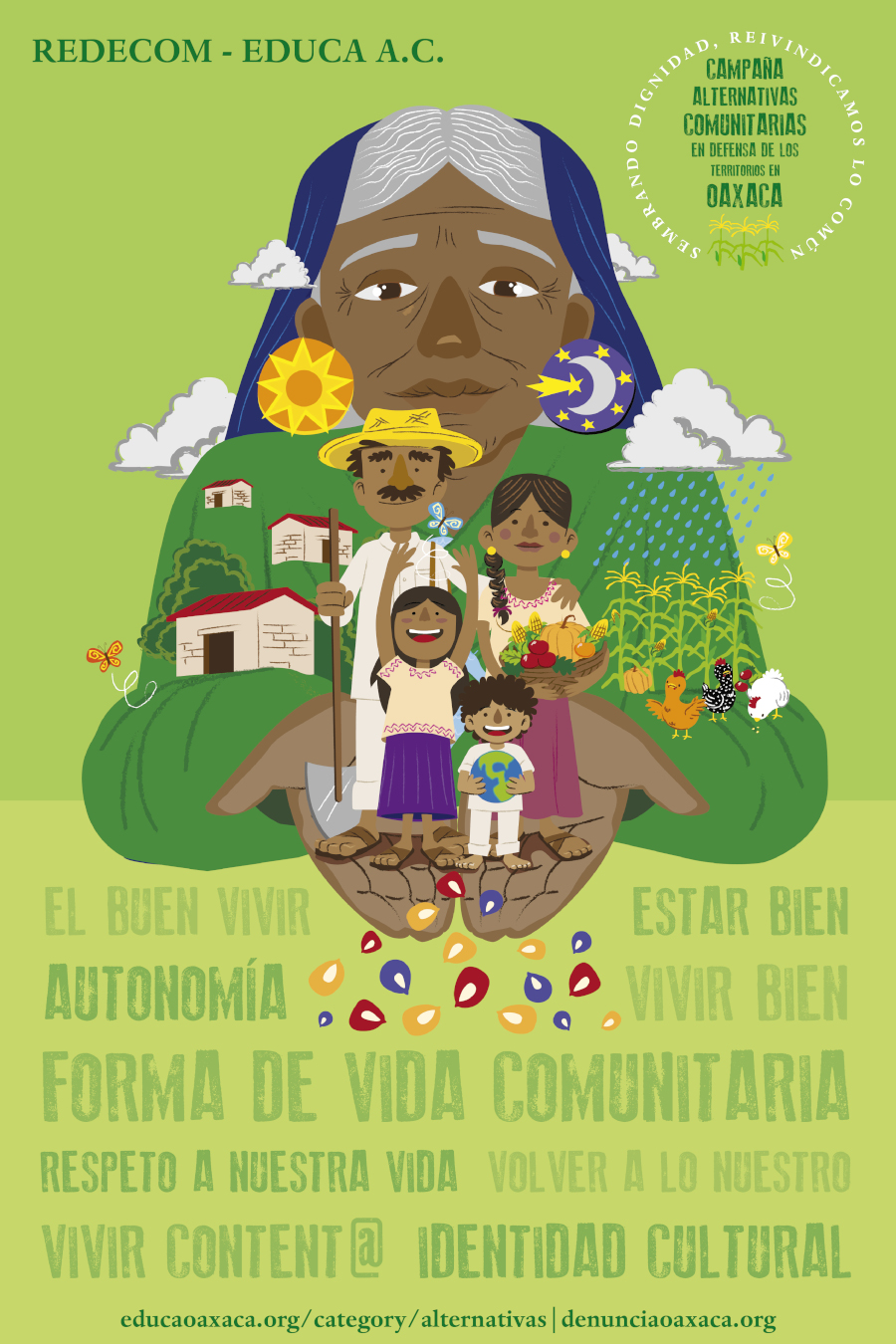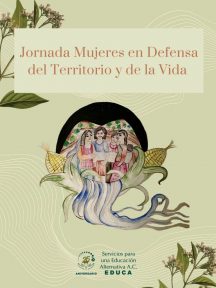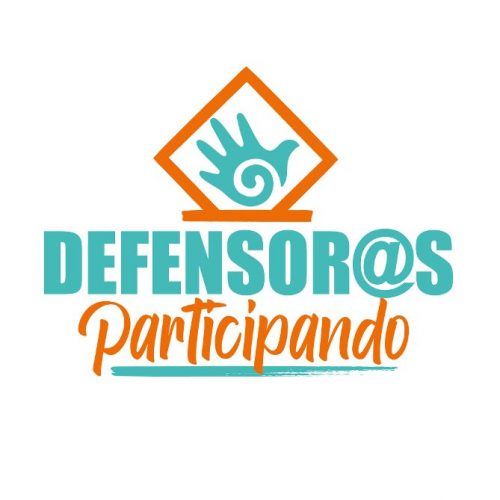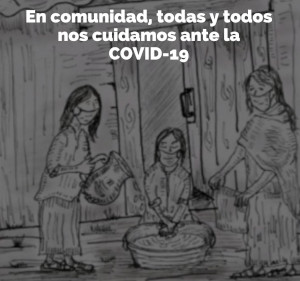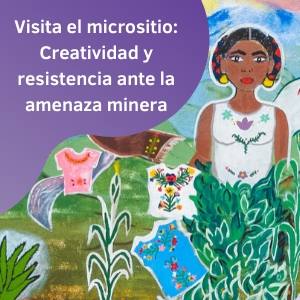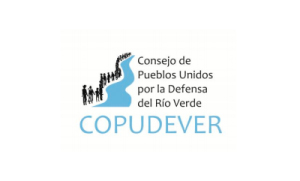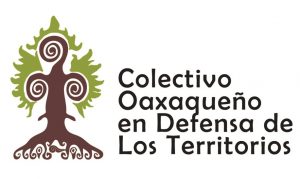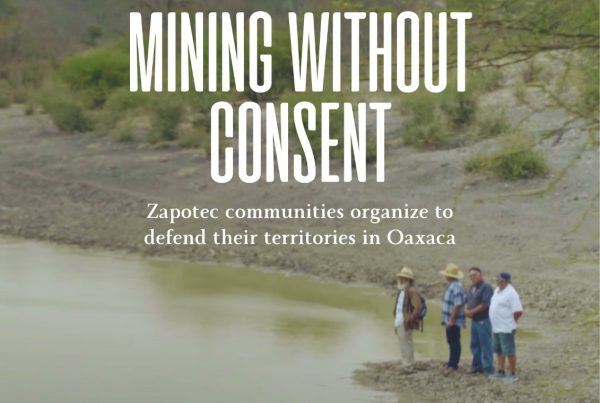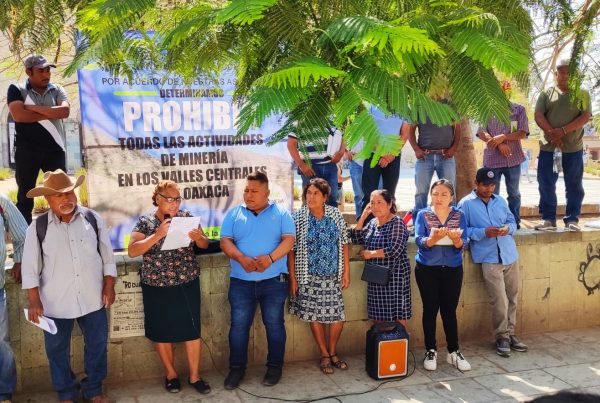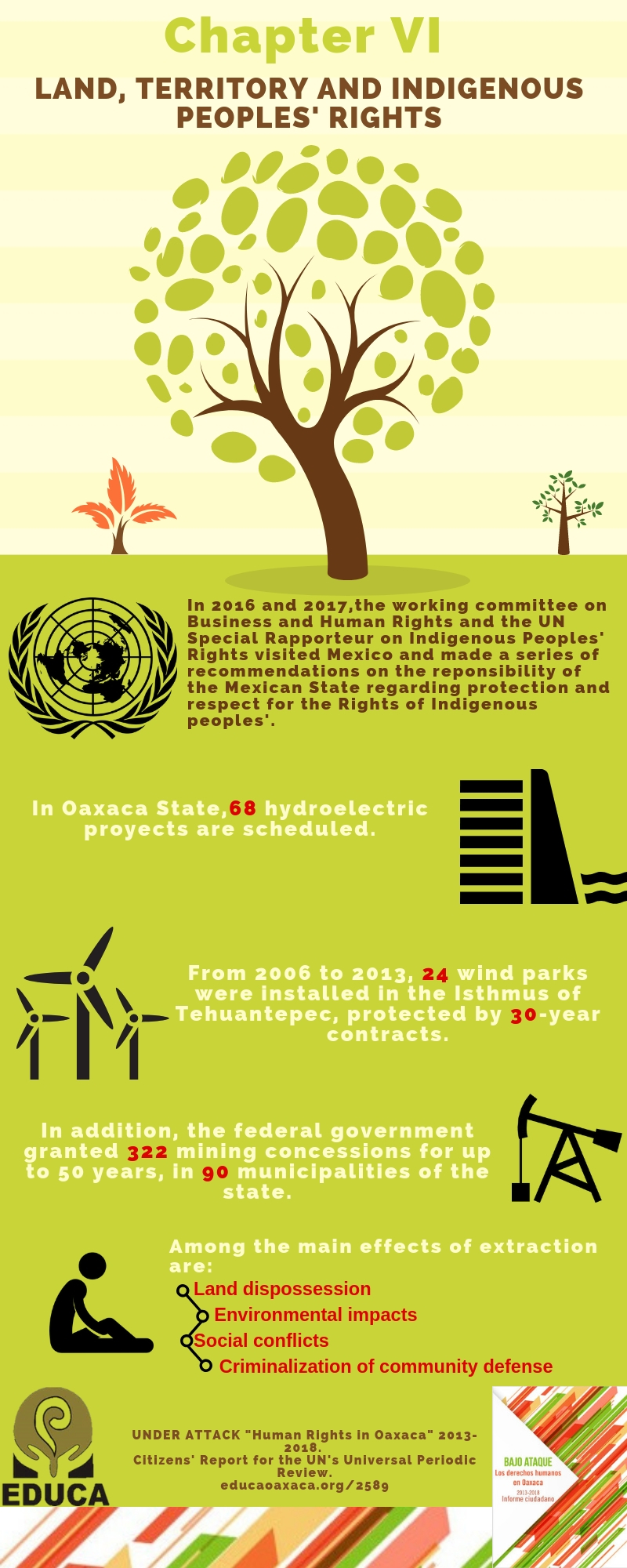 As the United Nations prepares to review Mexico’s human rights record in November, civil society organizations in Oaxaca publish their own evaluation, from one of the states with the highest number of violations in the country. In the following series Educa, a contributor to the report, summarizes its main findings:
As the United Nations prepares to review Mexico’s human rights record in November, civil society organizations in Oaxaca publish their own evaluation, from one of the states with the highest number of violations in the country. In the following series Educa, a contributor to the report, summarizes its main findings:
Between 2016 and 2017, the UN argued that Mexico’s legal, political and institutional framework was not sufficient for the protection of Indigenous rights, including land rights, access to justice, and the rights to free determination, political participation and consultation.
This is certainly the case in Oaxaca, where violations of Indigenous peoples’ rights have intensified alarmingly in recent years, primarily due to the imposition of extractive, energy and infrastructure projects, as well as the implementation of the Special Economic Zone in the Isthmus of Tehuantepec.
In terms of energy projects, in Oaxaca there are plans for 68 hydroelectric projects, with some riverbeds facing the construction of up to 14 dams. One example is the “Paso de la Reina”
hydroelectric project on the Coast of Oaxaca, which would affect over 1,097 members of the Mixtec, Chatino, Afro-Mexican and Mestizo communities.
Between 2006 and 2013, 24 wind farms were installed in the Isthmus of Tehuantepec. These projects have been detrimental to landowners, since contracts grant companies ownership of the land for 30 years, with the possibility of renewal for another 30.
In the case of extractive projects, 322 mining concessions have been documented in 90 municipalities. These permits—which are valid for up to 50 years and cover a surface of nearly 463 hectares, or almost 5% of state-owned territory—have resulted in 41 mining projects, two of which are at the commercial exploitation stage. In the case of the “San José” project operated by Fortuna Silver Mines, conflicts related to the mine caused four murders and eight firearm injuries between 2010 and 2012.
The main impacts of these projects include the dispossession of land, environmental degradation, social conflicts, and the criminalization of land defenders. Mexican laws on energy, mining, hydrocarbons and the Special Economic Zones have favored industrial land use while failing to provide affected communities with adequate information about the scale and possible impacts of projects. The consultation processes established in Oaxaca have not taken international standards into account and have only served to legitimate projects.
Download: Under attack. Human Rights in Oaxaca 2013-2018. Citizen report (PDF, 32 pp.)
![]()
